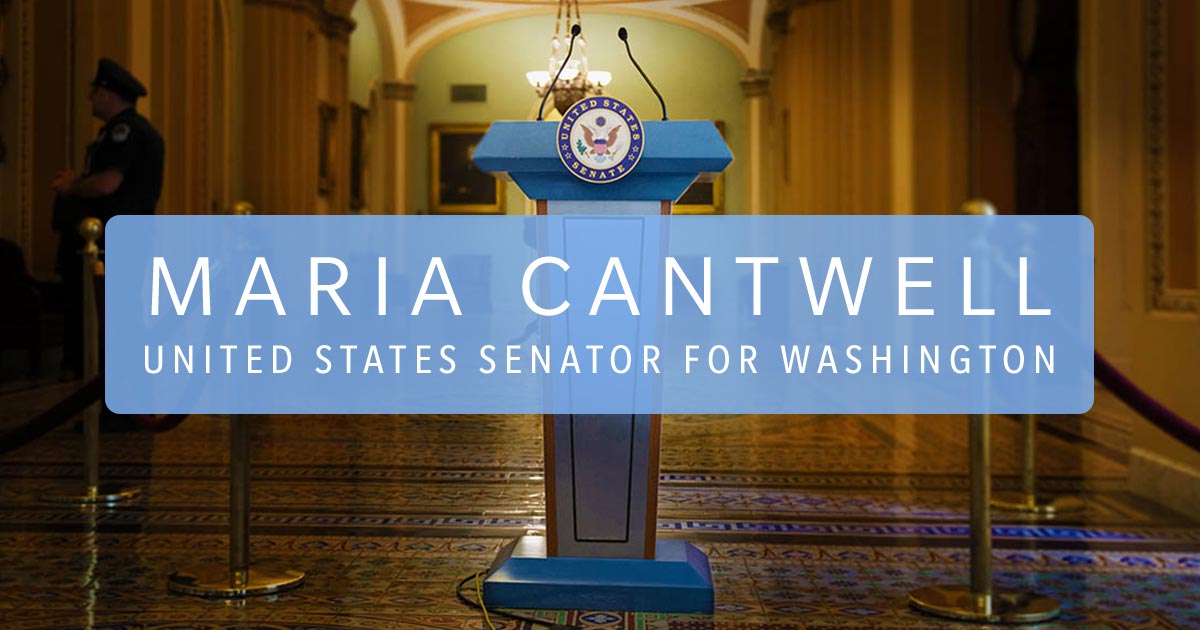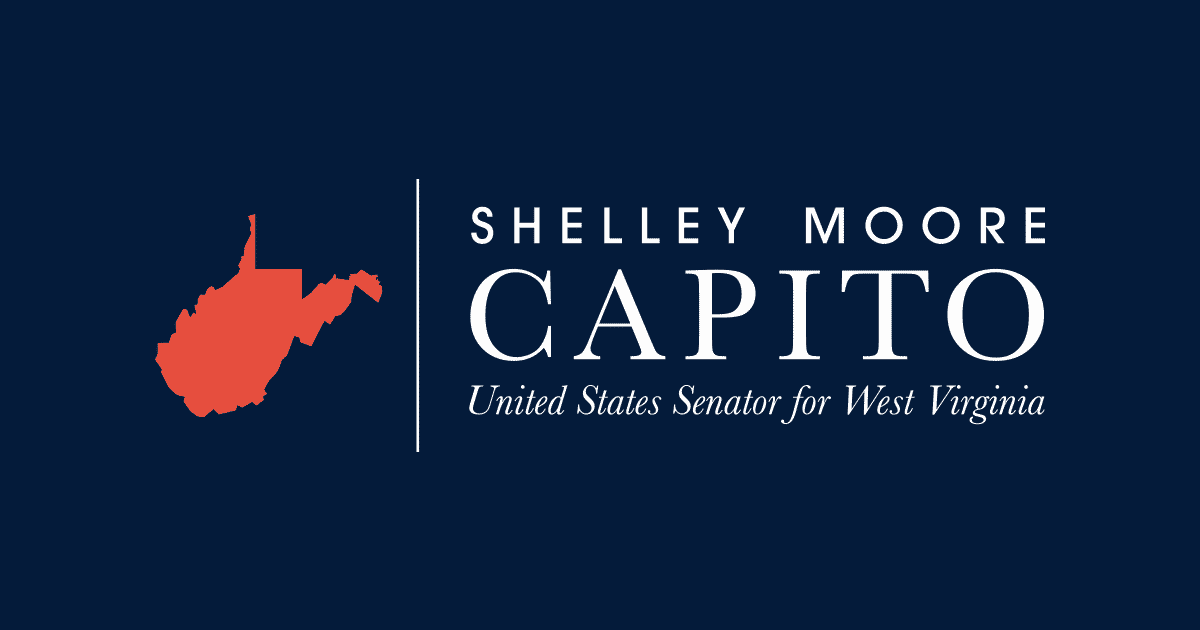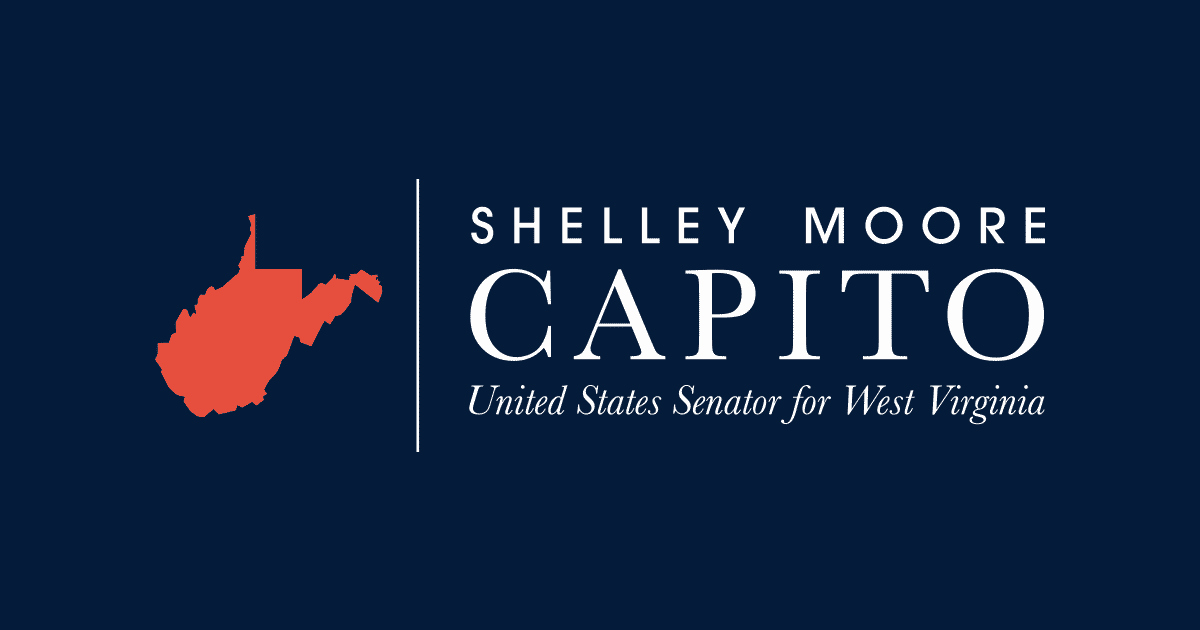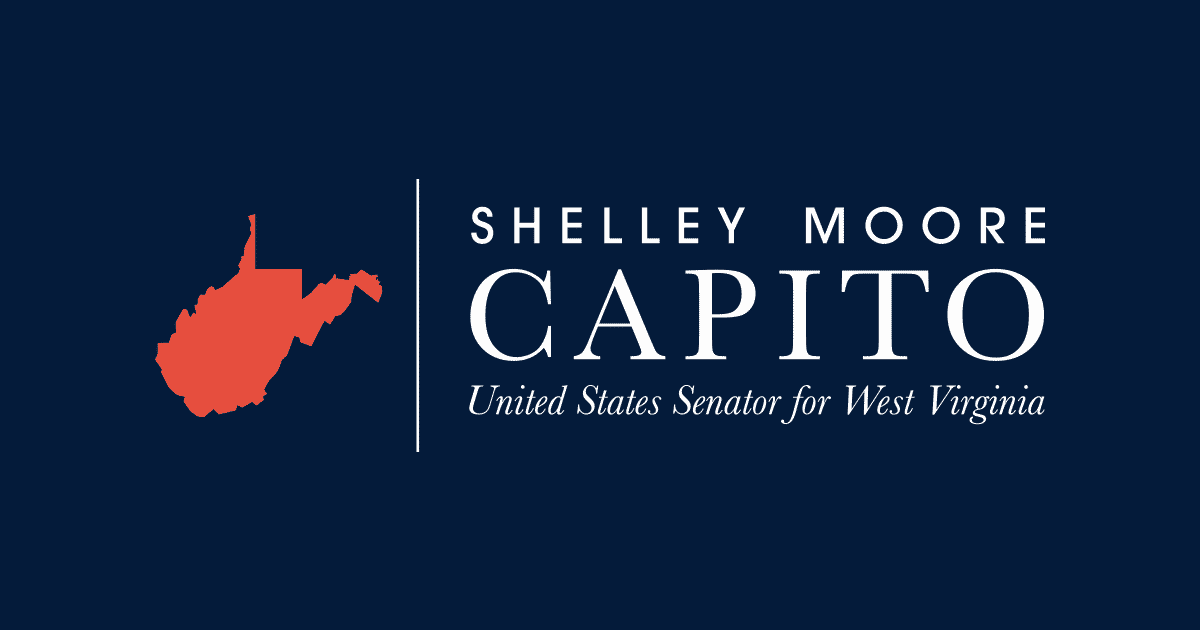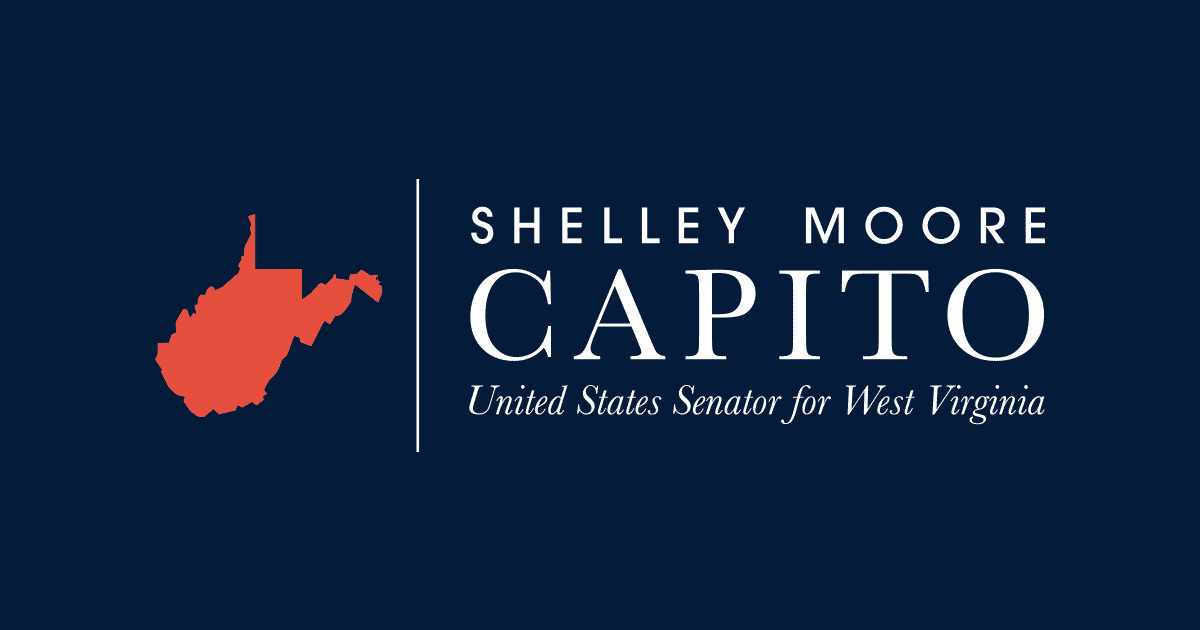Source: United States Senator for Arkansas Tom Cotton
FOR IMMEDIATE RELEASE
Contact: James Arnold or Mary Collins Atkinson (202) 224-2353
June 22, 2022
Cotton, Banks Introduce Legislation to Protect Children from “Gender-Transition” Surgery
Washington, D.C. — Senators Tom Cotton (R-Arkansas), Josh Hawley (R-Missouri), Marco Rubio (R-Florida), James Lankford (R-Oklahoma), and Steve Daines (R-Montana) introduced the Protecting Minors from Medical Malpractice Act, legislation to help individuals who suffer from potentially sterilizing gender-transition procedures as minors and to allow them to seek justice in court. Representative Jim Banks (R-Indiana) is leading companion legislation in the House of Representatives.
“Gender-transition procedures aren’t safe or appropriate for children. Unfortunately, radical doctors in the United States perform dangerous, experimental, and even sterilizing gender-transition procedures on young kids, who cannot even provide informed consent. Our bill allows children who grow up to regret these procedures to sue for damages. Any doctor who performs these irresponsible procedures on kids should pay,” said Cotton.
“The Biden administration released official guidance recommending irreversible and life-altering surgery for minors too young to apply for a learner’s permit. These procedures lack any solid evidence and have been rejected by public health agencies around the world. Ten years from now, there will be hundreds of thousands of Americans who were permanently scarred by the radical left’s agenda before they reached adulthood. If Democrats truly supported gender-confused children, they’d support our effort to give them legal recourse,” said Banks.
Text of the bill may be found here.
The Protecting Minors from Medical Malpractice Act would:
- Create a private right of action allowing people who have gender-transition procedures performed on them as minors to sue the medical practitioner who performed the procedure.
- Allows victims or their legal guardian to sue for declaratory or injunctive relief, compensatory damages, punitive damages, and attorney’s fees
- Provides a 30-year statute of limitation after the age of majority
- Gender-transition procedures include puberty blockers, cross-sex hormones, and surgical procedures that change an individual’s body in order to align with an identity at odds with an individual’s biological sex
- Applicable to procedures performed after the date of passage of this legislation
- Clarify that federal law cannot be construed to force medical practitioners to offer such procedures.
- Prohibit federal health funds from going to states that force medical practitioners to perform gender-transition procedures.
The legislation is supported by the American Principles Project, Heritage Action, Family Policy Alliance, Family Research Council, Independent Women’s Forum, Concerned Women for America Legislative Action Committee, Ethics and Public Policy Center, Alliance Defending Freedom, ForAmerica, Eagle Forum, CHANGED Movement.
###

